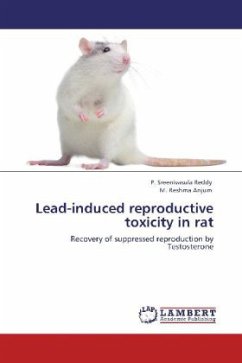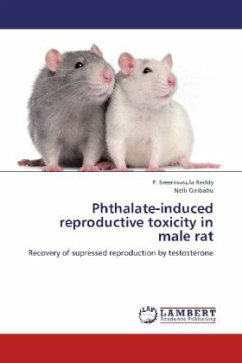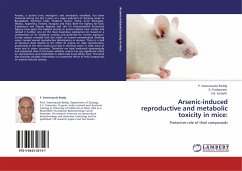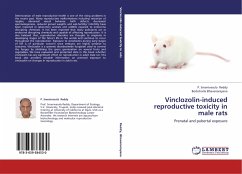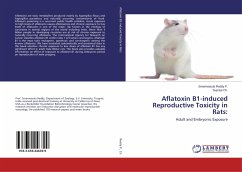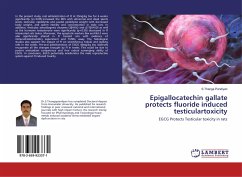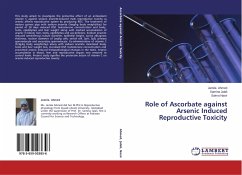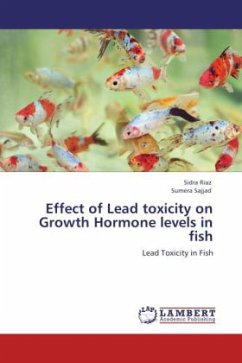Adverse trends in reproductive health of wildlife and humans are significantly increased during the last few years. It is widely acknowledged that one of the possible reasons for the deteriorated reproductive health is exposure to a range of occupational and/or environmental contaminants. Among the contaminants, lead (Pb) is one of the non-essential metal toxicants and is mainly used in the manufacture of lead-based storage batteries, painting pigments, solder, automobiles, radio-activity shields. It is believed that Pb is non-biodegradable, immutable and bio-accumulative in nature and thus its release into the environment tends to persist inadequately and accumulate in the living organisms throughout food chain. Thus, it seems apparent that exposure to lead is implicated in serious health hazards in animals and humans. There is a lack of literature data related to the effect of Pb on male reproduction, particularly at the dose levels occurring in drinking water in wide areas of India and in other countries. The present book focuses on reproductive toxicity in rats exposed to Pb during perinatal/adult period.

